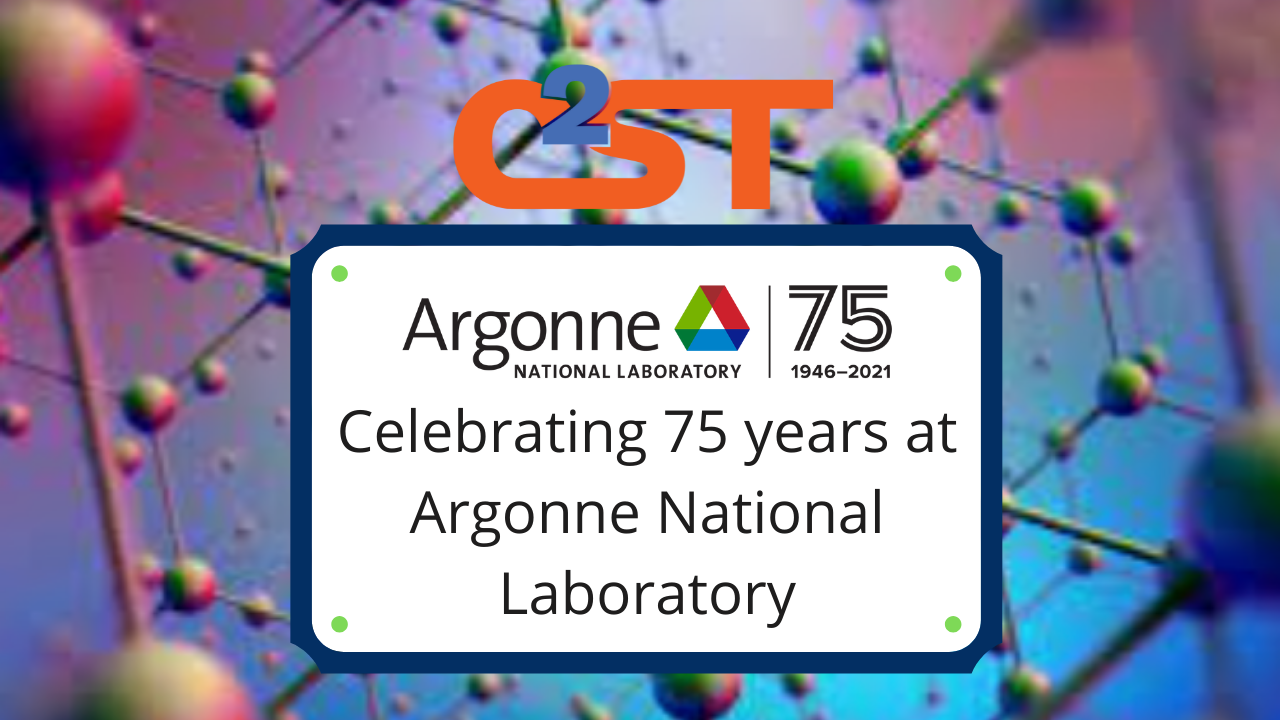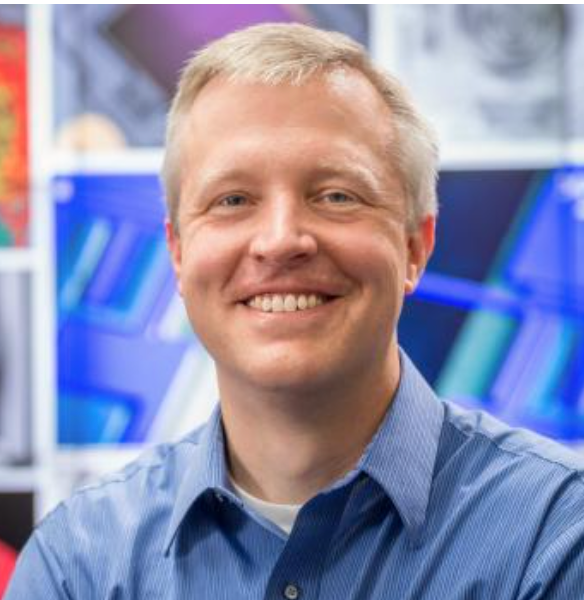In the fifth lecture presented by C2ST and Argonne National Laboratory, Dr. David Czaplewski will share the history of nanotechnology and delve into his research in creating mechanical, optical, and physical systems at the nanoscale.
The prefix “nano” is derived from the Greek word “nanos,” meaning dwarf. Scientists use the prefix today to indicate one billionth, 10-9, or 0.000000001. To put it another way: nano means something is really small. Nanotechnology, a thought experiment proposed by Richard Feynman in 1959, and a term later coined by Norio Taniguchi, is an increasingly large field that focuses on creating and applying some of the smallest objects we can conceive. Nanotechnology has applications across medicine, sustainable energy, information technology systems, infrastructure, material sciences, and so much more.
Nanotechnology research focuses on studying and utilizing the properties and behaviors of materials that inherently change as dimensions are reduced toward the nanometer scale, toward the realm of individual atoms and molecules. As the dimensions shrink, classical or Newtonian mechanics–the way we understand physical interactions in our daily lives–goes out the window. But what does that mean? How can we utilize these interesting, changing behaviors in new ways to address scientific questions and everyday life applications?
Event Details
Tuesday, November 16th, 2021 from 7:00-8:00 pm CT, C2ST Facebook Live & C2ST YouTube TV.
Make sure to follow C2ST on Facebook and YouTube to receive notifications when the live program starts.
Use our Q&A app to ask live questions during the program or send in your questions in advance! Remember to upvote your favorite questions.
To support STEM programs like this, you can DONATE to C2ST HERE!
We are dedicated to providing an inclusive environment for everyone. Please respect diversity in individuals and in cultures.


